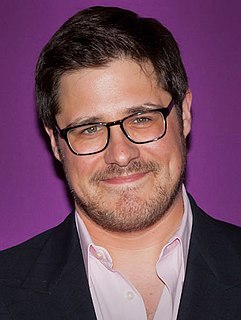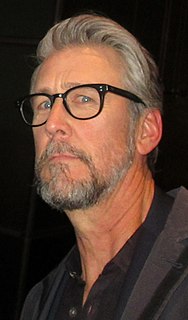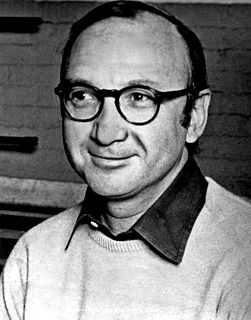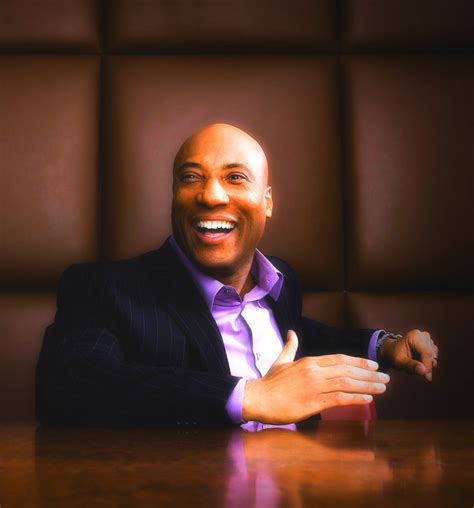A Quote by Dick Morris
Each morning we sat reading our copy of the New York Times, the Washington Post or the Los Angeles Times and ruminated on their prophecies of doom and quagmire. Then we looked up to see, on television, correspondents actually embedded with our troops, reporting quick advances, one- sided firefights, melting opposition and, finally, welcoming crowds.
Related Quotes
If you look at the New York Times, it says X; if you look at the Washington Post, it says the same thing. And if you turn on any television newscast it's the same thing you already heard, that's research. And that's one of the ways it's done. Authority ends up being imputed simply because of volume. I mean, all of these different news organizations reporting the exact same thing.
Embedded in 'The New York Times' institutional perspective and reporting methodologies are all sorts of quite debatable and subjective political and cultural assumptions about the world. And with some noble exceptions, 'The Times,' by design or otherwise, has long served the interests of the same set of elite and powerful factions.
When 'Real People' aired in 1979, we did OK in Los Angeles and New York. What kept that show from being canceled were the ratings from the middle of the country, and that's what kept us in the top five. I learned then from co-hosting that it was important to focus on the country between Los Angeles and New York.

































